I have am building collection that will contain over a million documents. Each document will contain one token and a history table. A process retrieves a token, it stores the process id in the history table inside the document so it can never be used again by the same process. The tokens are reusable by different processes. I want to make each process pull a document/token and never be able to pull that same document/token again.
My approach is to have a stored history table in each document with the processes that have used the token. That is why you need to query for what is not in the array.
Firestore does not have a condition where you can search for what is not in an array. How would I perform a query like such below where array-does-not-contain being a placeholder to search through an array where 'process-001' is not in the history array?
db.collection('tokens').where('history', 'array-does-not-contain', 'process-001').limit(1).get();
Below is how I'm planning to structure my collection,
My actual problem, I have a multiple processes running and I only want each process to pull documents from firebase that it's never seen before. The firebase collection will be over a million documents and growing.
